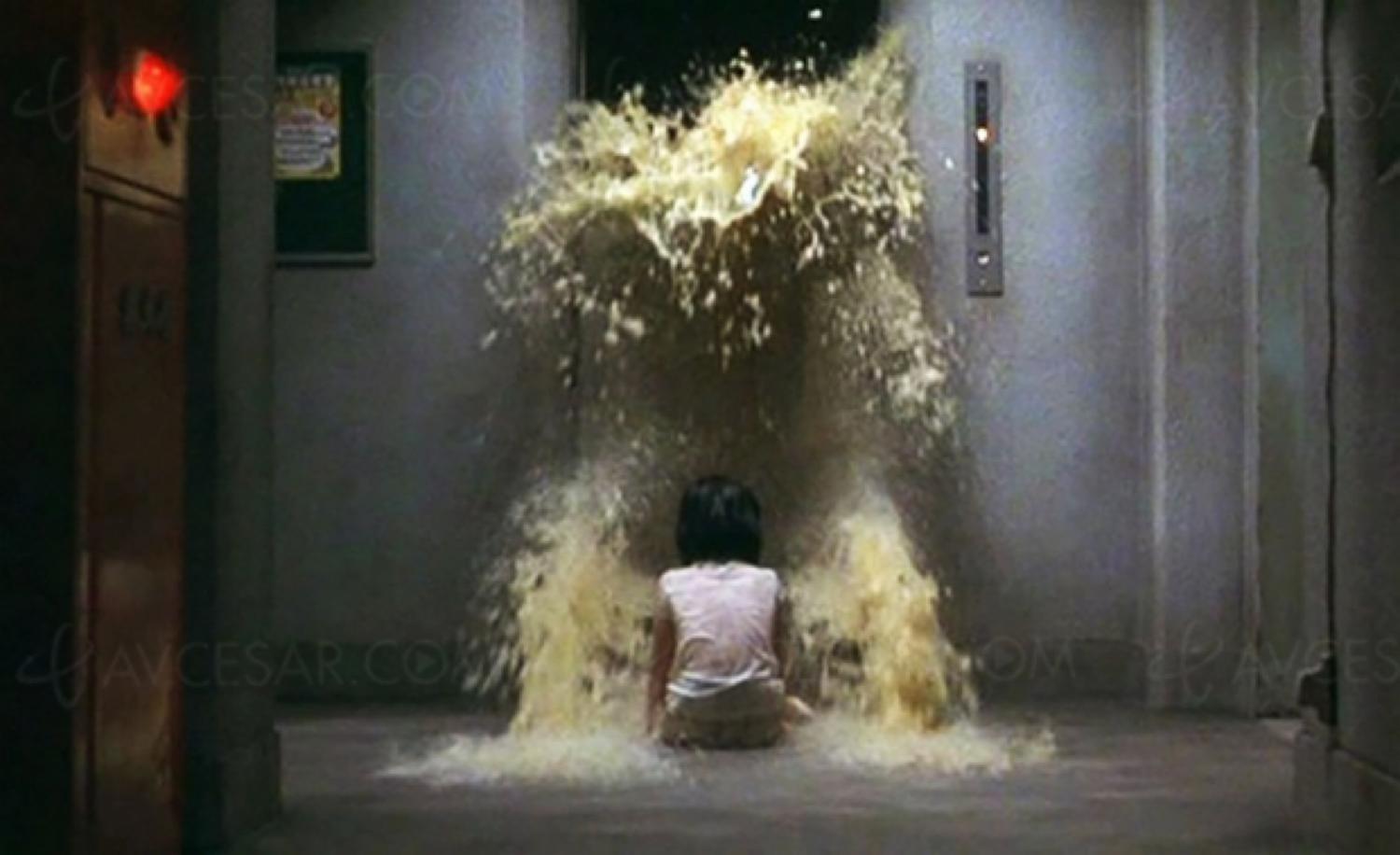Do you believe in ghosts? In Witchcraft, Oracles and Magic among the Azande (1937), British anthropologist E.E. Evans-Pritchard argued that belief in the supernatural was not superstition but a form of explanation. In Ghostly Matters: Haunting and the Sociological Imagination (1997) American sociologist Avery F. Gordon contended that forces from the past and their shadowy manifestations control contemporary life in more complicated ways than we tend to admit. A ghost, to quote Gordon, is ‘not simply a dead person, but a form by which something that was lost makes itself known or apparent to us, even if fleetingly or in a barely visible manner’. The ghost ‘is just the sign, or the empirical evidence, if you like, that tells you a haunting is taking place’. The sighting of a ghost, tends to expose how ‘the past makes cultural demands on us we have difficulty fulfilling’.
In the talk entitled 'Ghost Theory', Ana Teixeira Pinto turns to bodysnatching stories, gothic novels and supernatural fiction to explore things that ‘haunt like a ghost and, by way of this haunting, demand reparation, justice or at least a response’. This exploration is an attempt to hear what ghosts have to tell us about the complex intersections of race, gender, class, modern medicine, changing conceptions of the body, the symbolism of blood, colonial power, real estate, capitalism and sexuality.

